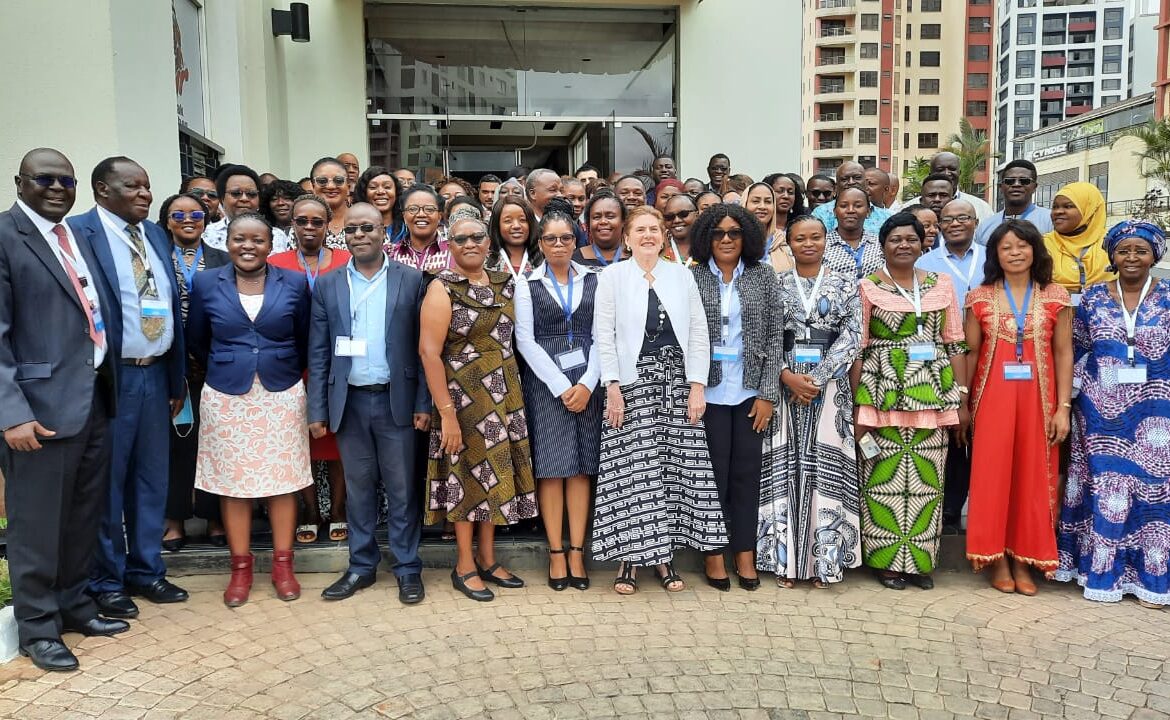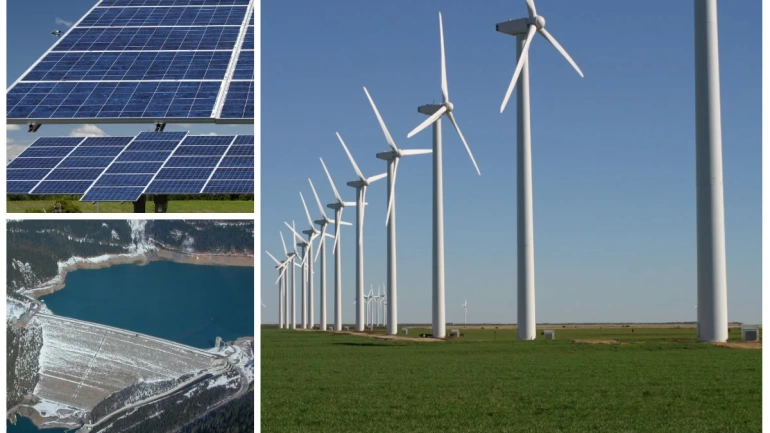The convention of the African Group of Negotiators Experts Support (AGNES) in a strategic meeting in Nairobi has over 33 African countries represented to reflect on the COP27 outcomes on Action for Climate Empowerment (ACE). African climate negotiators have opted to take a defined stance in dealing with problems of climate change and food insecurity.
Motivated with an aim of developing a common African position on climate action as it pertains to agriculture and gender for COP28. These matters are essential considering the plights of women in the struggles against climate change since most of them are players in the agriculture sector.
Climate Change has had adverse effects on the agricultural sector evidenced by the vulnerability witnessed in the food production sector. An incessant rise in food insecurity has been a critical issue that has seen a crisis not only in the African continent but also on the global stage citing suffering from severe hunger and malnutrition.
It’s due to this factor that the African Group of Negotiators and other African voices have, over the years, been pushing for Agriculture to be formally recognized in the United Nations Framework Convention on Climate Change (UNFCCC) negotiation process.
A move that finally led to the establishment of the Koronivia Joint Work on Agriculture and food security at COP 27 in Sharm El-Sheikh. Whereby parties agreed to establish the four-year Sharm el-Sheikh joint work on the implementation of climate action on agriculture and food security.
As emphasized by Kwame Ababio, an expert in Climate Change and Environmental Governance at the African Union Development Agency, urgency is in moving from policies to actions.
“There is a plethora of institutions and actors all across the continent, we need to harness our resources and have better coordination to ensure that whatever policies we have are translated into actions on the ground,” said Mr. Kwame.
The push for actions in COP27 saw a need for implementation of the outcomes of the Koronivia joint work on agriculture and previous activities addressing issues related to agriculture, as well as future topics, recognizing that solutions are context-specific and taking into account national circumstances.
Based on data collected, the prevalence of undernourishment is estimated to be 19.1%, or 250.3 million people, across Africa; populations in Asia and Latin America, and the Caribbean are undernourished at less than half this rate (8.3% and 7.4 percent respectively).
Even though the absolute number of undernourished people is lower in Africa (250.3 million)than in Asia (381.1 million) today, the UN estimates that Africa will be home to the highest prevalence and absolute number (25.7% or 433.2 million) of undernourished people by 2030.
Hence to avert the oncoming crisis predicted, the African Group of Negotiators Experts Support (AGNES) has come together to strategize on a more effective way of dealing with these challenges and take a definite stance that will salvage the situation.

“Being here today, amongst representatives of 33 African nations and noting that the majority of them are women, brings me enormous joy. With regards to Costa Rica´s work in UNEP and Un Habitat, we are focusing and leading on two resolutions, Nature-based Solutions, and BiodiverCities, and invite all parties to join us in these initiatives. Finally, I commend you all for your work, passion, conviction, and commitment, and am sure these 4 days will prove to be extremely fruitful in setting the roadmap of the work ahead,” said Ambassador Giovanna Valverde Stark, Ambassador and Permanent Representative to the UN-Habitat and UNEP, Republic of Costa Rica.
Agriculture which is a critical industry to solving this food insecurity challenge in the continent and upscale the growth and development of Africa has been critically destabilized limiting its productivity. Thereby affecting local markets and slowing down economic growth, which in turn has heightened the risk for Agricultural investments.
According to Dr. George Wamukoya, Team Lead of the African Group of Negotiators Experts Support, Africans despite being the least emitters are the ones who suffer the most. Citing the food insecurity challenges that have left over 200 million people hungry is an indication of the dire state that the continent is in.
“This week’s strategy is to define how we can all have one Pan- African voice in solving the challenges of the African people. We need to promote synergies and strengthen collaboration between partners, governments, and other relevant stakeholders in order to enhance the implementation of climate action,” said Dr. George Wamukoya.



